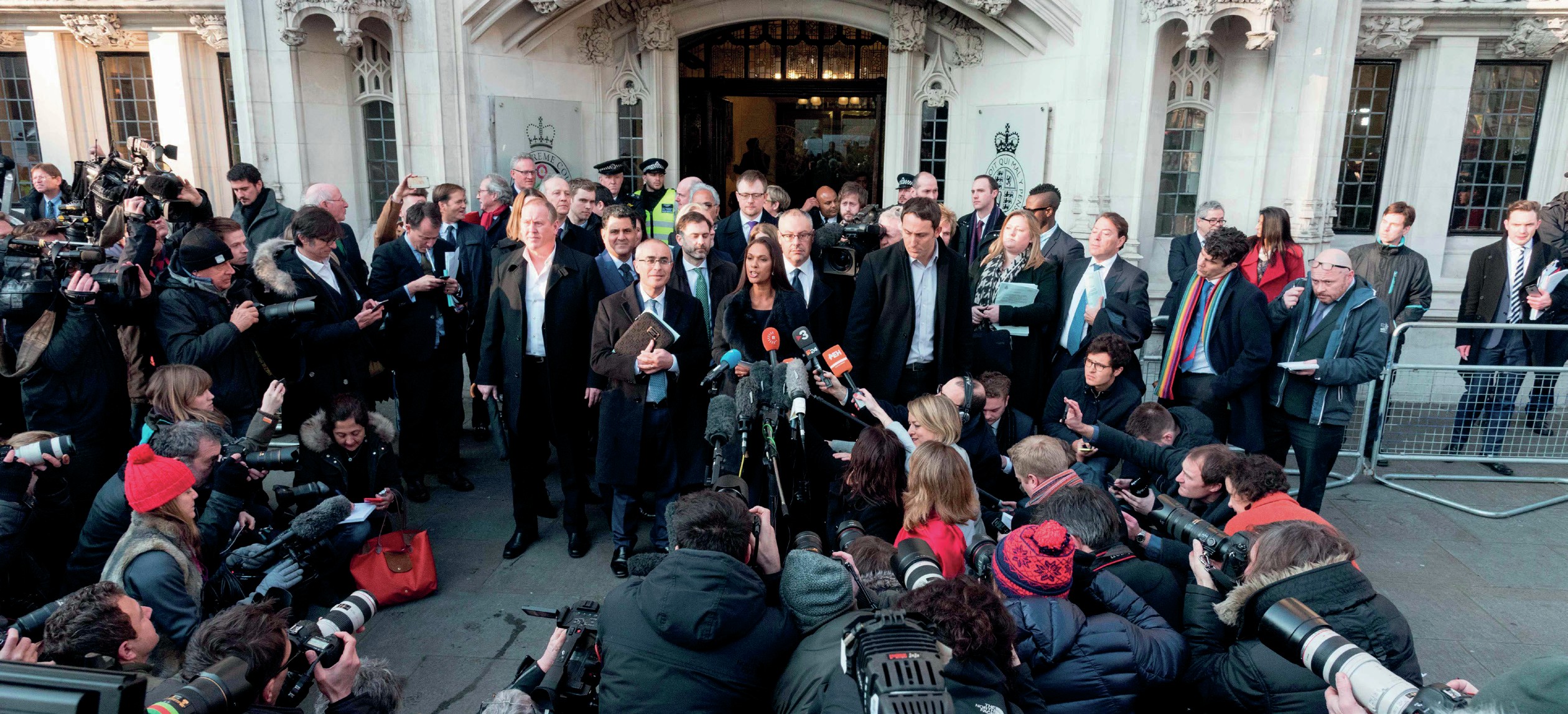
One of the key constitutional changes that has taken place in the UK since the end of the Second World War is the growth in the political significance of the judiciary, due to the increasingly vigorous use of the powers of judicial review. This has raised the question of whether judicial review risks trespassing on the democratic functions of the executive and the legislature. The whole debate was thrown into the limelight with the passage of the Criminal Justice and Courts Act of 2015, which Sadiq Khan described as ‘an unconstitutional attack on the rights of the British people’.
The controversy has been ramped up further with the decision by the High Court in November 2016, following a case brought by People’s Challenge, that ruled against Theresa May and the government by stating that the government cannot trigger Article 50 without the backing of Parliament. In the judgement, the lord chief justice, Lord Thomas wrote ‘the most fundamental rule of the UK constitution is that parliament is sovereign’ and that the court did not support the argument of the government that it could use the prerogative powers to trigger Article 50.
Your organisation does not have access to this article.
Sign up today to give your students the edge they need to achieve their best grades with subject expertise
Subscribe




